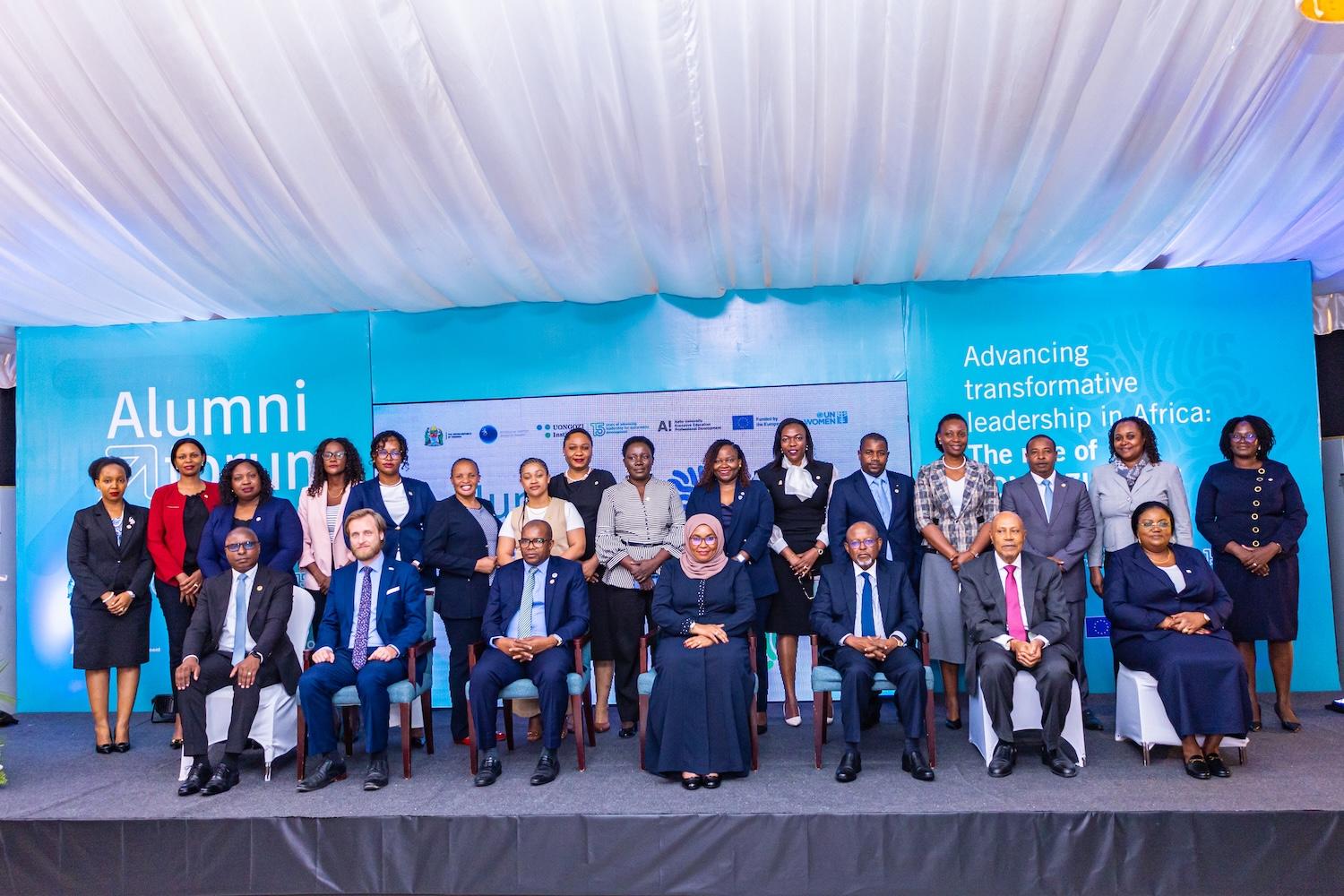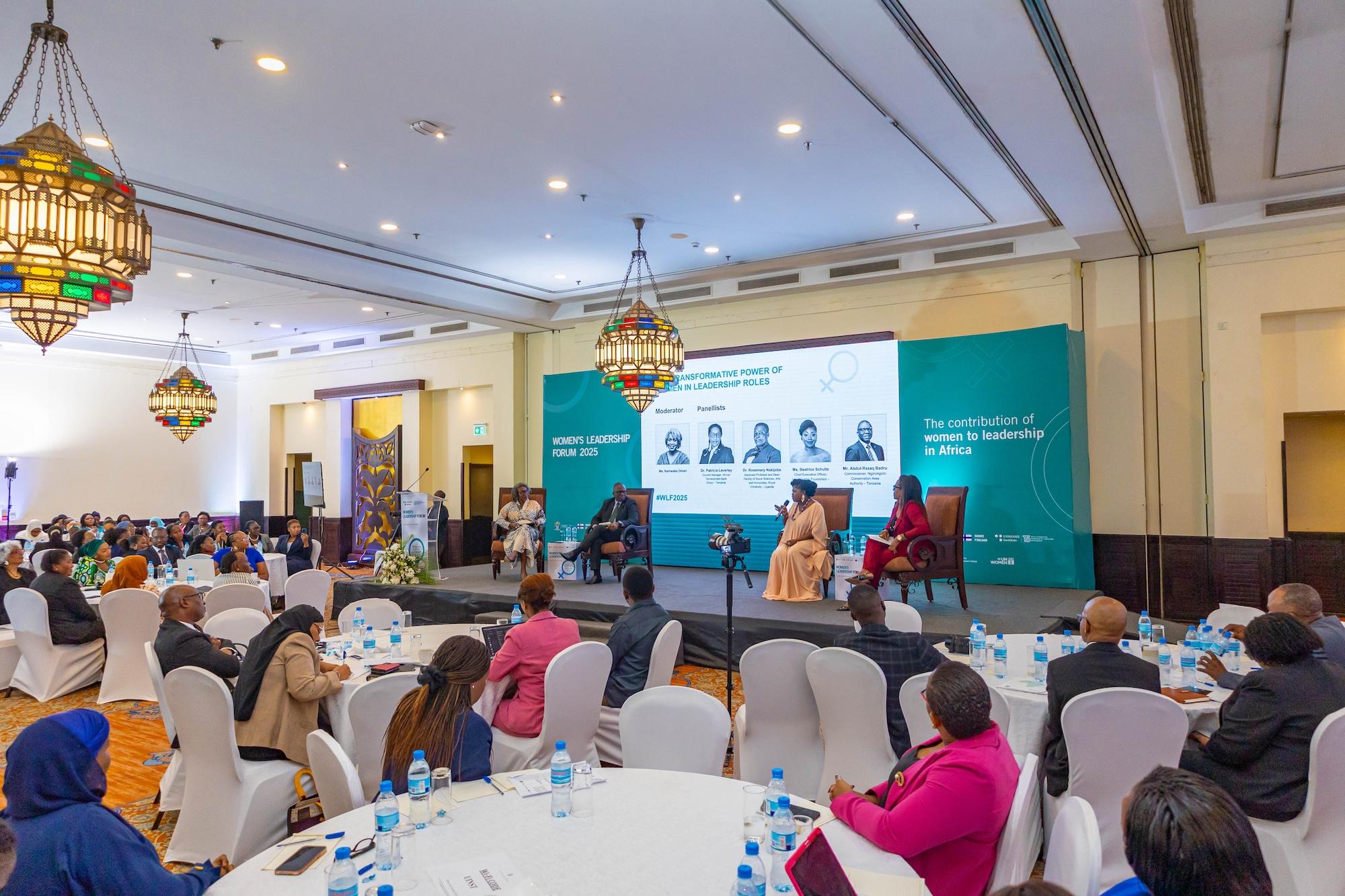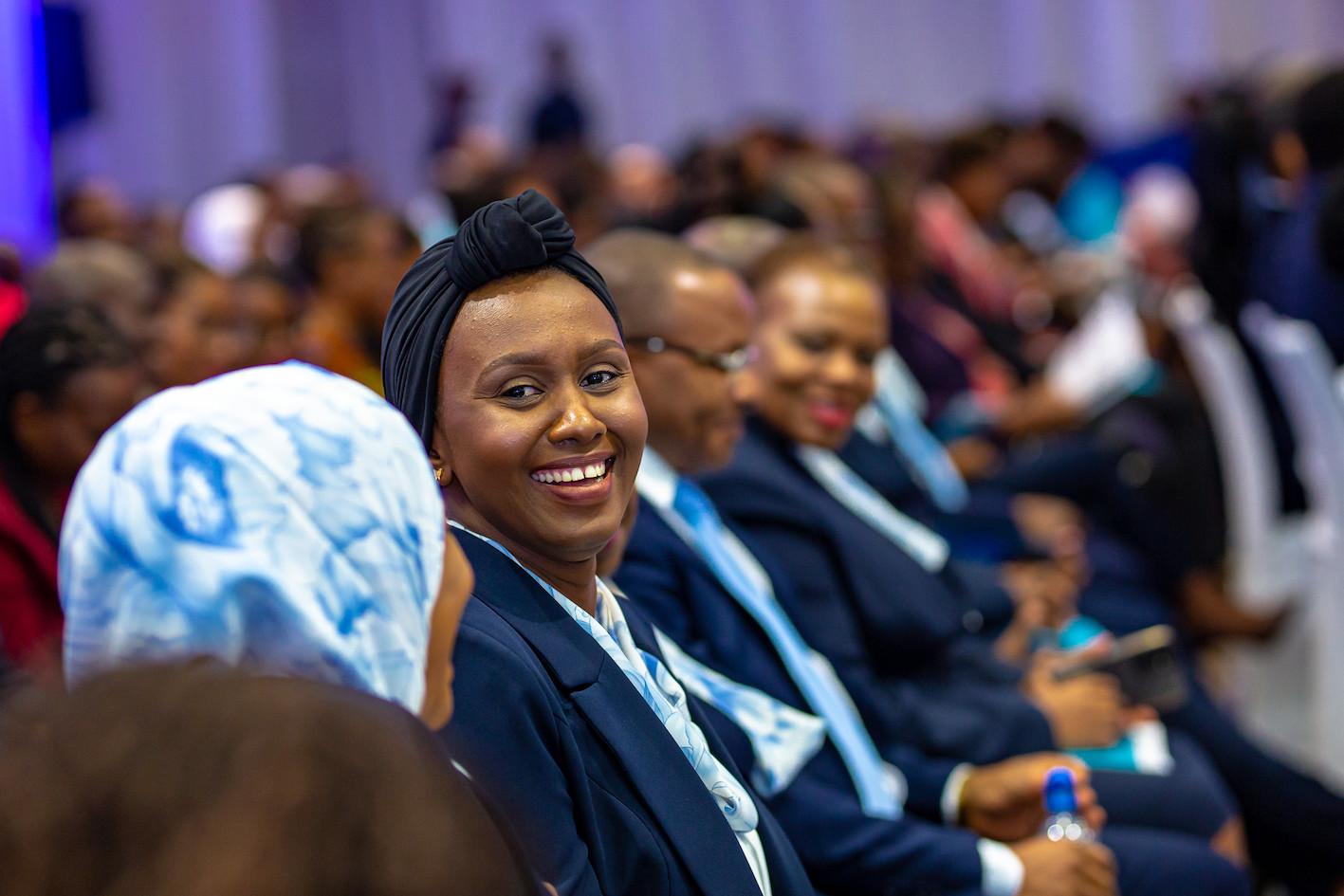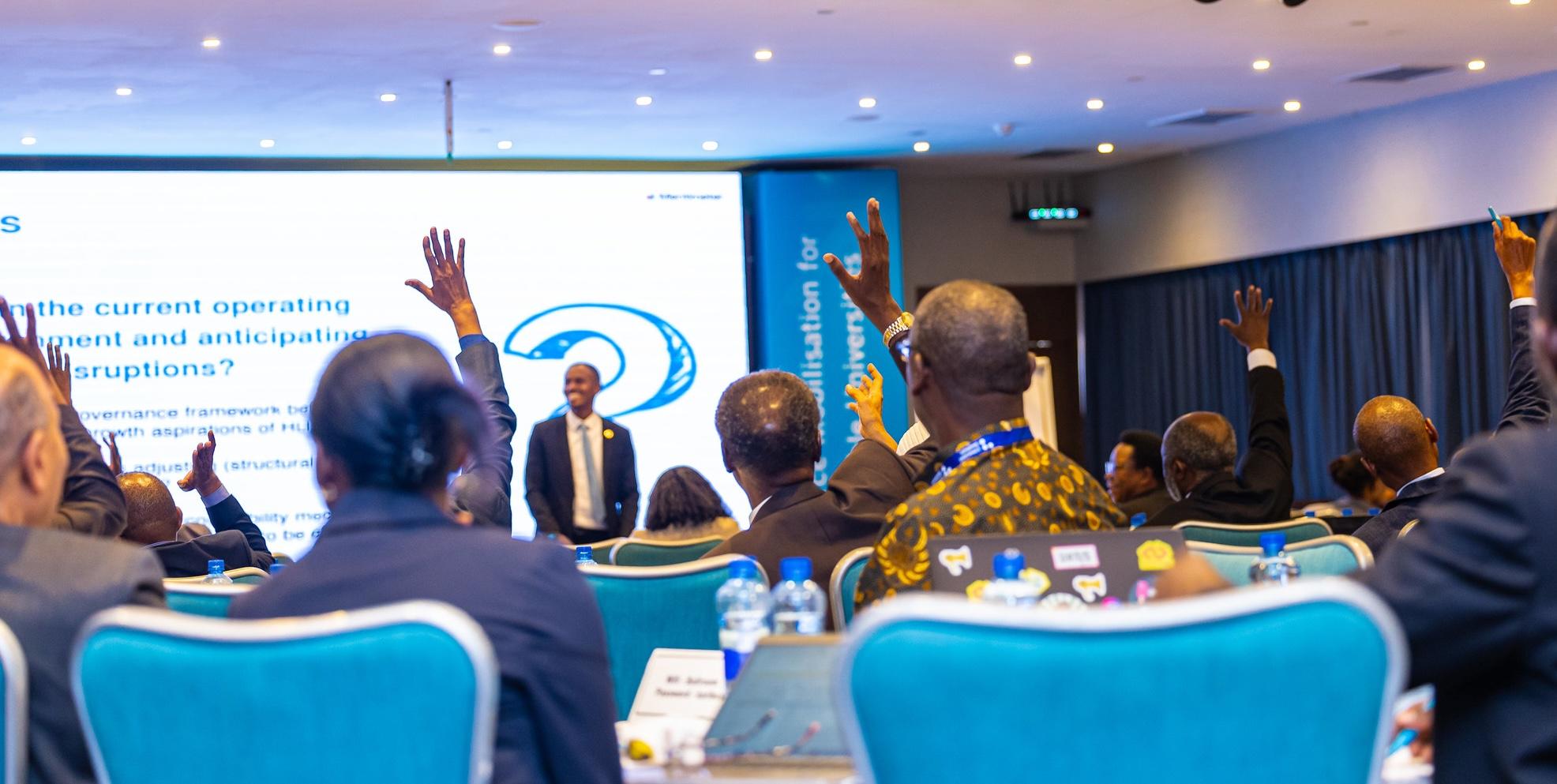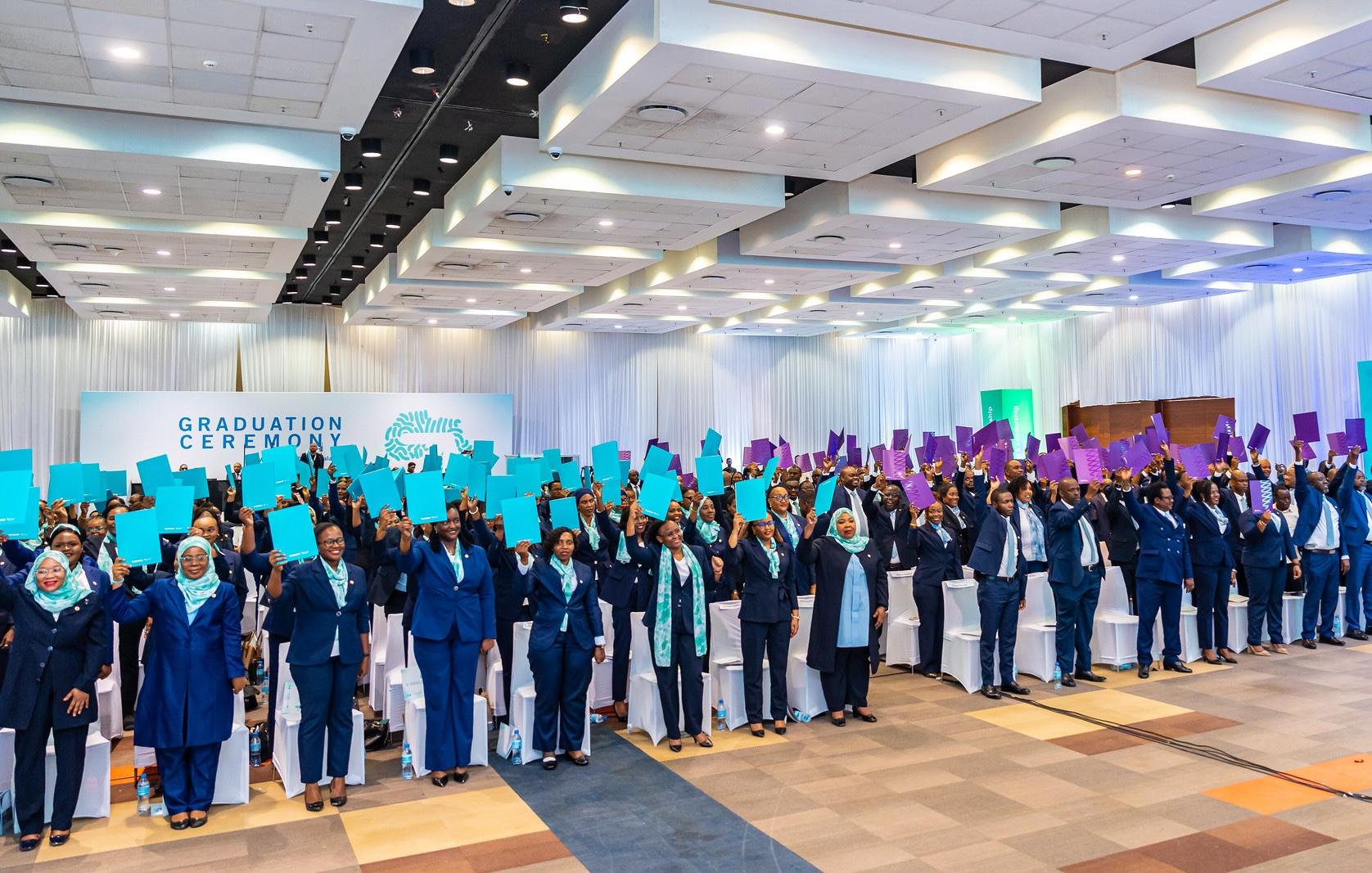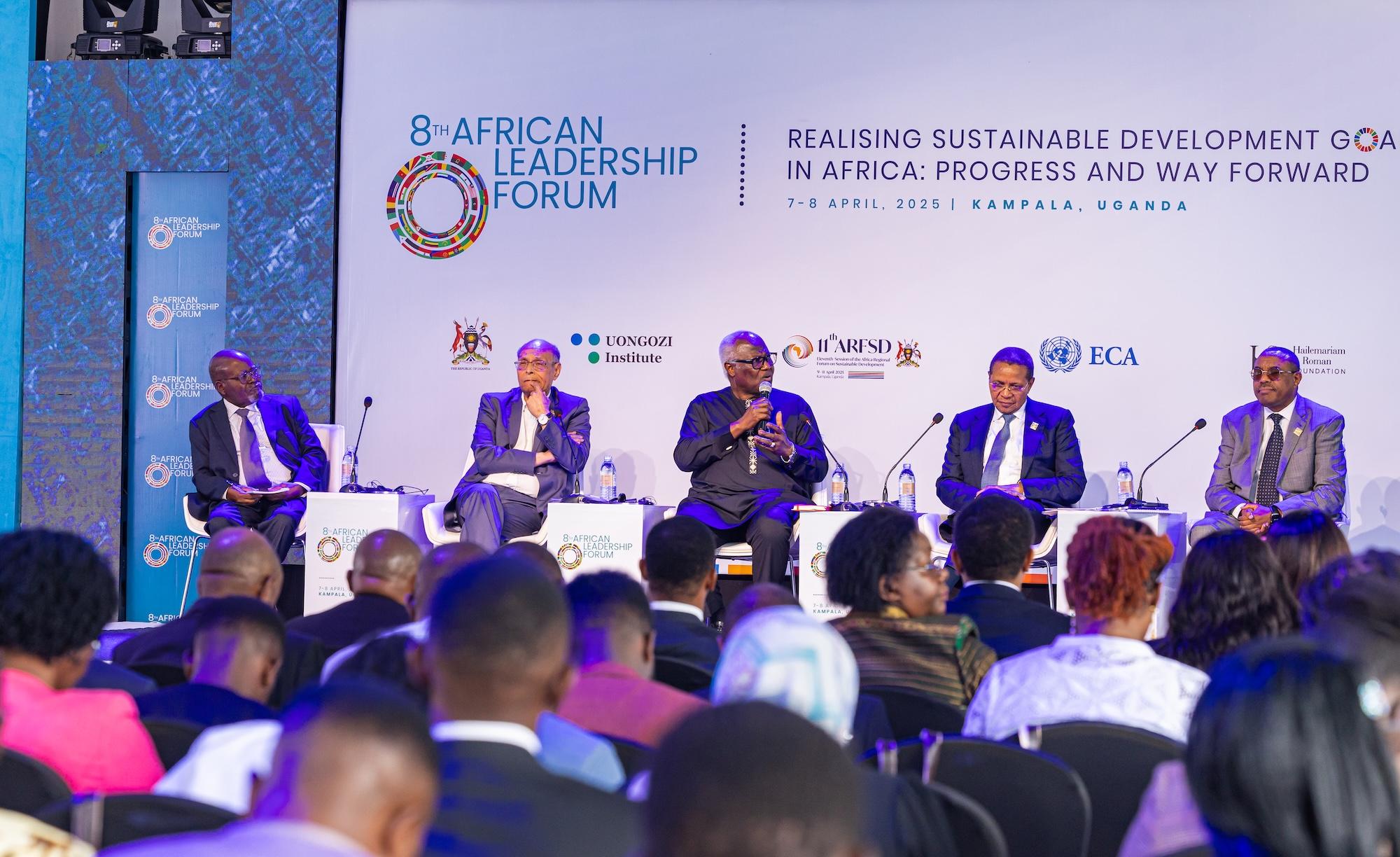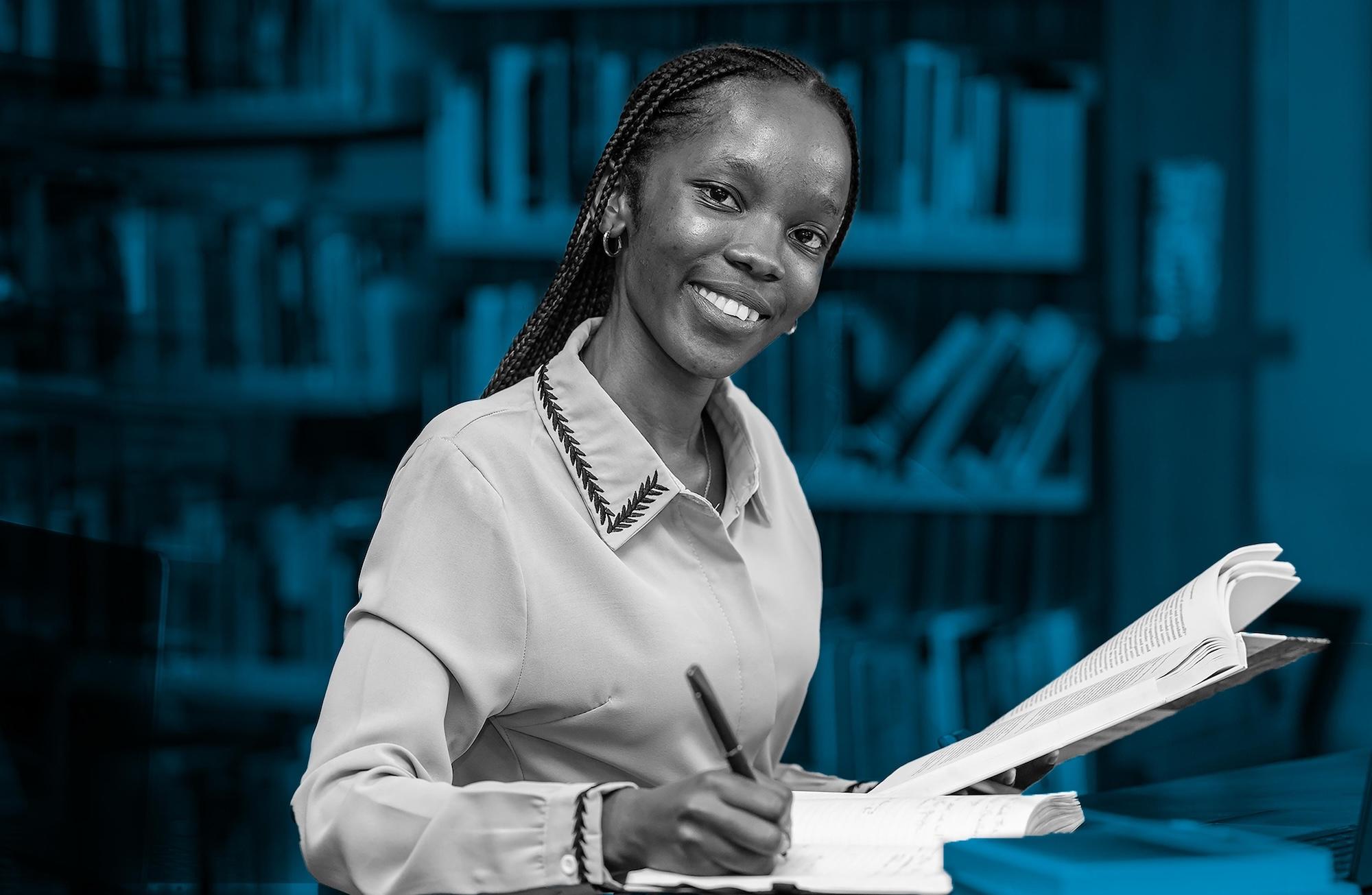Alumni play an indispensable role in the advancement of their alma maters. They can act as word-of-mouth advocates to drive admissions, mentors to current students, contributors of the research work, guest speakers, and financial supporters.
At UONGOZI Institute, alumni engagement is seen as an important aspect of shaping our present and future. In our context, “alumni” refers to individuals who have successfully completed our long-term executive education programmes: Postgraduate Diploma in Leadership (PGD), Certificate in Leadership (CiL), and Women’s Leadership Programme (WLP). It is a community of about 865 senior and emerging leaders from various sectors across Africa.
The inaugural alumni forum, which took place on 1 August 2025 in Dar es Salaam, marked the start of deliberate efforts to harness the power of this group to deliver on our mission.
The forum was themed “Advancing transformative leadership in Africa: The role of UONGOZI alumni”. Eng. Zena Ahmed Said, Chief Secretary and Secretary of the Revolutionary Council of the Revolutionary Government of Zanzibar, attended as guest of honour. The keynote address was delivered by Mr. Omari Issa, Chancellor of the Nelson Mandela African Institution of Science and Technology. The delegates of the forum included Mr. Juma Selemani Mkomi, Permanent Secretary in the President’s Office – Public Service Management and Good Governance; Mr. Tomi Lounio, Deputy Head of Mission at the Embassy of Finland in Tanzania; UONGOZI alumni; as well as leaders in government, business, academia and civil society.
In her remarks, Chief Secretary Said underlined the diversity of the UONGOZI alumni as her favourite quality:
“The diversity of its members in terms of gender, sector, nationality, and culture enhances relationships by fostering new perspectives, challenging assumptions, and creating opportunities for growth and innovation.”
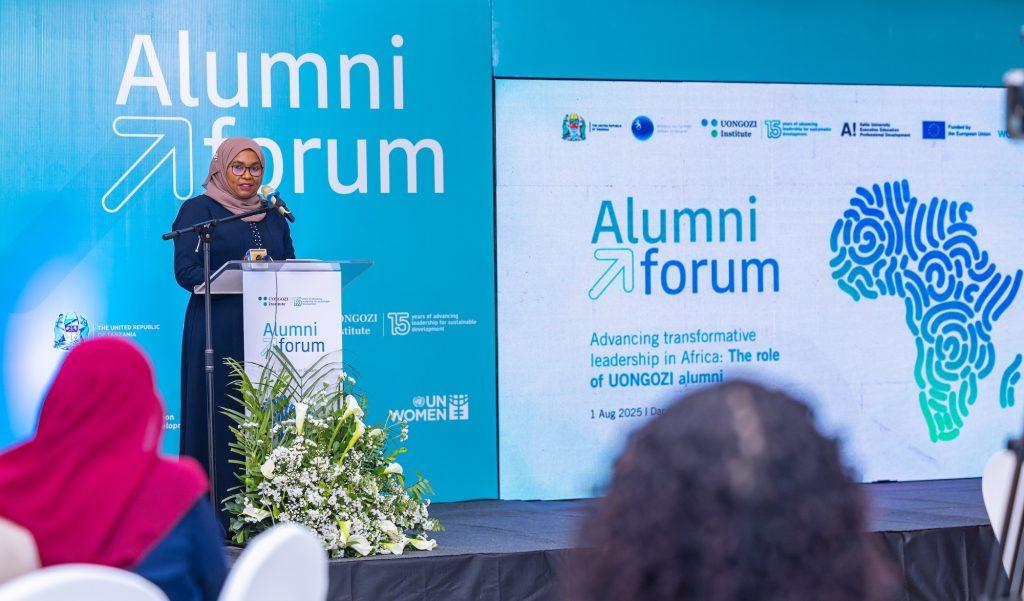
She urged them to embrace the ethos of transformational leadership:
“During your time at the Institute, your experiences should have instilled in you the valuable lesson that transformative leaders seek to drive meaningful change and unlock their teams’ potential. I encourage you to practice this leadership style that goes beyond traditional management tactics.”
She went on to state her belief that personal development is a self-motive. That by encouraging themselves to join the Institute’s programmes, the alumni turned their shoulds into musts, and this is something that echoes “transformative leadership”.
In his keynote speech, Mr. Issa highlighted the prerequisites for transformation: fostering positive disruption, leaving the comfort zone, and investing in people.
He said that positively disruptive leaders help people and organisations become more innovative and relevant. This includes by challenging the status quo, rewiring their mindsets, listening and collaborating to find solutions, as well as tapping into and unleashing the talent of their people.
Moving to the second point, Mr. Issa told the audience that nothing of value grows in the comfort zone. That self-improvement and advancement often entail going beyond the confines of what is already known, so it is important to push boundaries and try new things.
On investing in people, he stressed:
“It takes several years to replace a qualified person. You can replace a building in two to three years, you can replace equipment in six to twelve months, but you cannot replace a skilled person in one or even five years. So, invest in people, and ensure that your training budget caters to your needs.”
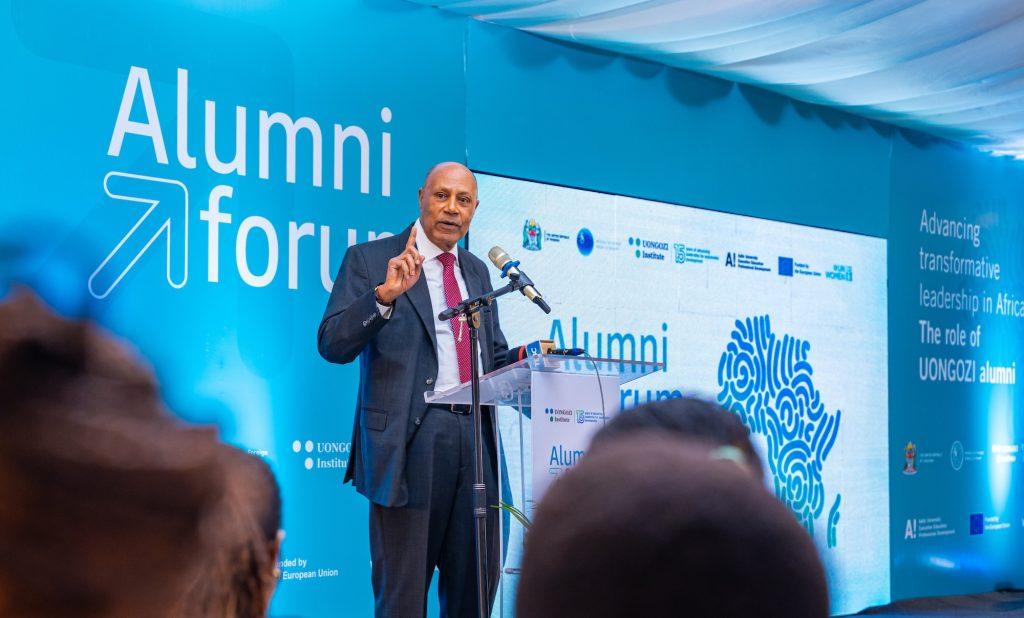
An alum of Columbia University, Mr. Issa asserted that the UONGOZI alumni network can be advantageous to its members while also contributing significantly to the Institute’s long-term success. He added:
“I am sure that this network will be an example that other institutions would like to emulate. Very few universities in Tanzania have active alumni, and if you go to them, they will tell you that they are struggling to get funds, but they have this potential group that they do not tap into. So, my plea to you is to be proactive and participate fully in the alumni network. Take it very seriously. It is an important instrument of UONGOZI Institute.”
Delivering a vote of thanks, Amb. Ombeni Sefue, Chairperson of UONGOZI Institute’s Board of Directors, expressed appreciation to Chief Secretary Said, Mr. Issa, and other distinguished guests for taking the time to attend the event. He pointed out that the UONGOZI alumni network is one that needs to distinguish itself as a champion of transformational leadership in an increasingly complex and diversified world. He said:
“We want you to always remember that transformational leadership is fundamentally about engaging and influencing others. That is why the Institute promotes networking and collaboration for sustainable and inclusive development in Africa.”
He ended by saying he hoped that “the UONGOZI alumni are not only aware of what they are, but also of what they could be.”
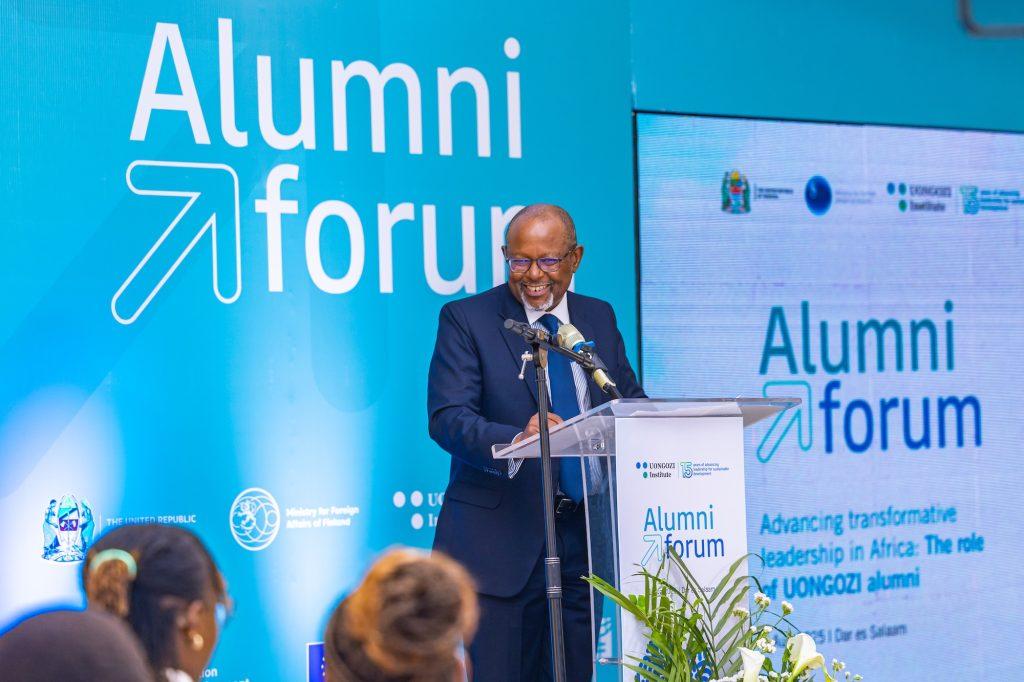
The event was also important as it commemorated the Institute’s 15th anniversary. In his presentation, Mr. Kadari Singo, CEO of UONGOZI Institute, summarised the major achievements during this period. These include delivering over 500 executive education programmes to 22,000 leaders, convening over 100 policy forums with 20,000 leaders in attendance, implementing over 80 research projects, and delivering 50 assignments under the advisory services portfolio.
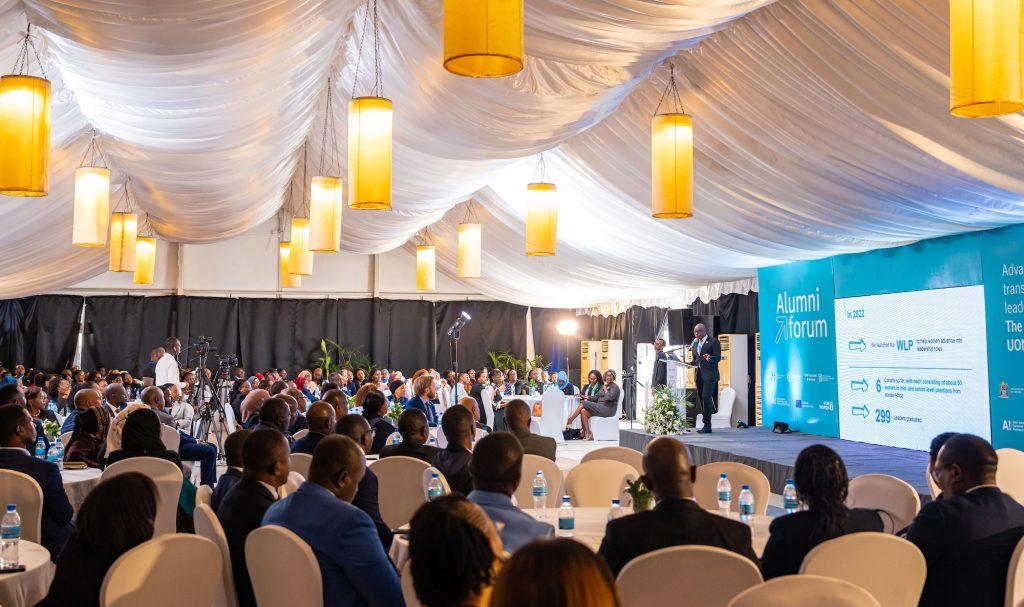
PGD and CiL are designed and delivered in collaboration with Aalto University Executive Education and Professional Development (Finland). They are implemented with support from the governments of Tanzania and Finland. The WLP receives support from the two governments as well as the European Union.
